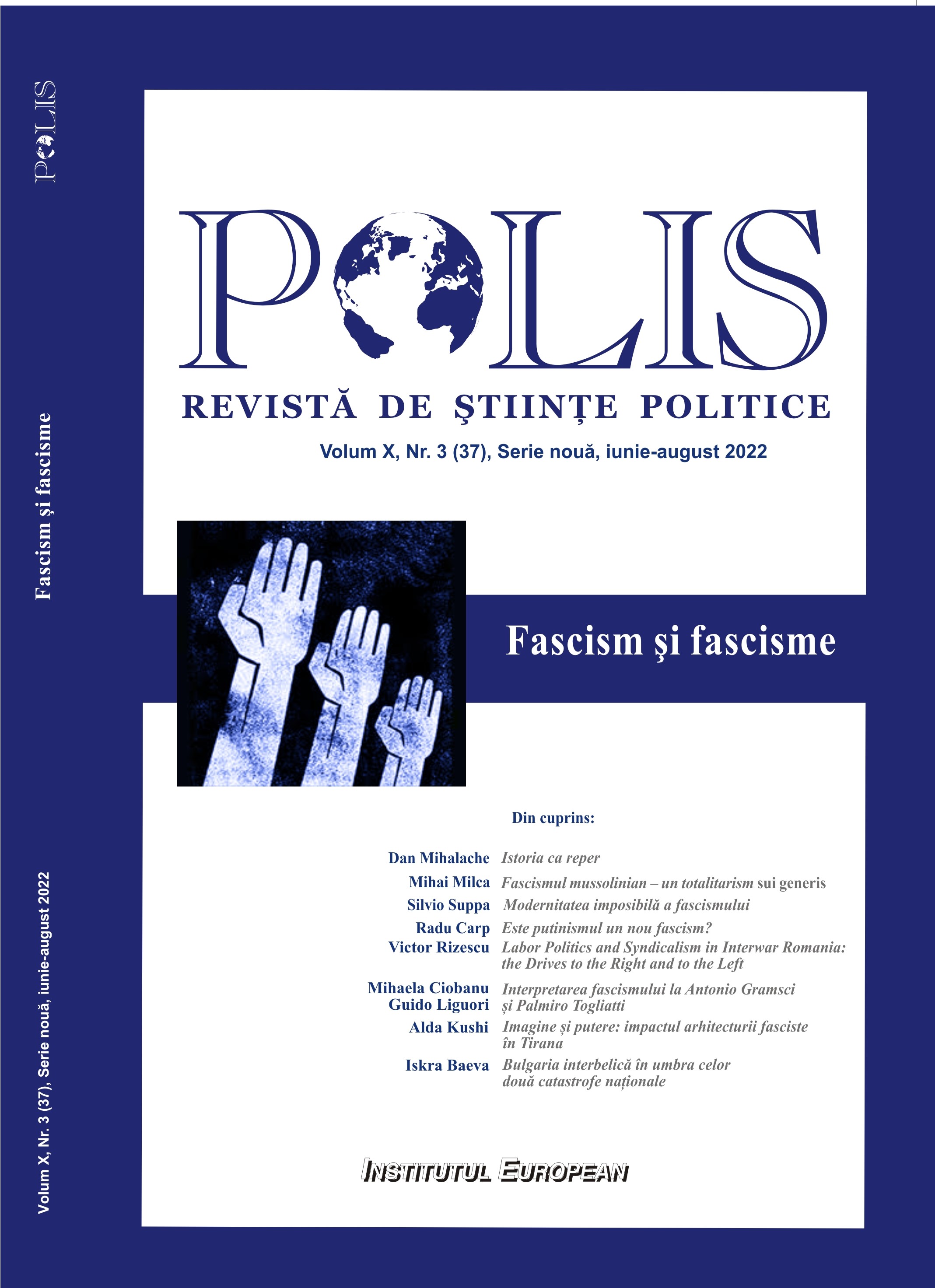CONTROVERSIAL FOREIGN AFFAIRS IN THE MIDDLE EAST – U.S. STRATEGY REGARDING THE ISRAELI – PALESTINIAN CONFLICT
CONTROVERSIAL FOREIGN AFFAIRS IN THE MIDDLE EAST – U.S. STRATEGY REGARDING THE ISRAELI – PALESTINIAN CONFLICT
Author(s): Anis GhetSubject(s): Politics / Political Sciences, Politics, Recent History (1900 till today), Security and defense, Peace and Conflict Studies
Published by: Editura Institutul European
Keywords: Israeli – Palestinian conflict; US; Trump; URSS; solution towards peace;
Summary/Abstract: The Middle East was an area of interference of the two blocks, where the problem of the several hundred thousand Palestinian refugees published in 1949, exacerbated after the June 1967 conflict, were added permanent interference with the Soviet and the US. The two powers protected their strategic and economic interests, the oil being the mobile of their regional alliances. The US was the main supporter of the state of Israel, constantly conflict with the surrounding Arab countries. The problem of Palestine has divided the Jews and the Arabs for decades, along with the struggle for the supremacy of the Arab states. Conflicts have become permanent, attacks on borders, mutual boycotting within the UN, up to direct conflicts. With the collapse of the Soviet Union and communism, the Soviet oil market opened to the West, which became the main beneficiary of this opening, diminishing the dependence of the western powers on Arab Petroleum. The Middle East was an area of interference of the two blocks, where the problem of the several hundred thousand Palestinian refugees published in 1949, exacerbated after the June 1967 conflict, were added permanent interference with the Soviet and the US. The two powers protected their strategic and economic interests, the oil being the mobile of their regional alliances. The US was the main supporter of the state of Israel, constantly conflict with the surrounding Arab countries. The problem of Palestine has divided the Jews and the Arabs for decades, along with the struggle for the supremacy of the Arab states. Conflicts have become permanent, attacks on borders, mutual boycotting within the UN, up to direct conflicts. With the collapse of the Soviet Union and communism, the Soviet oil market opened to the West, which became the main beneficiary of this opening, diminishing the dependence of the western powers on Arab Petroleum. US interests remain approximately unchanged, the American state still expresses its interest in the natural resources of the region, especially oil, but also for weapon control. The United States has taken a double policy, as it wanted to maintain a bilateral relationship with Israel, but also to establish a cooperation relationship with Arab states control and path to oil resources in the region. With the outbreak of the Oil Crisis in 1973, representing the first economic crisis and being sufficient to show dependence on Westerners on natural Arab resources, the Arabs tried to use oil to isolate Israel, the increase of the price deeply affecting both the western power economy. Finally, the present article is meant to illustrate the reasons for dispute between the two populations, the US interventions based on their own interests and their consequences on the region that have been reflected in the internal policies of the states involved.
Journal: Polis. Journal of Political Science
- Issue Year: X/2022
- Issue No: 3 (37)
- Page Range: 297-315
- Page Count: 16
- Language: Romanian

